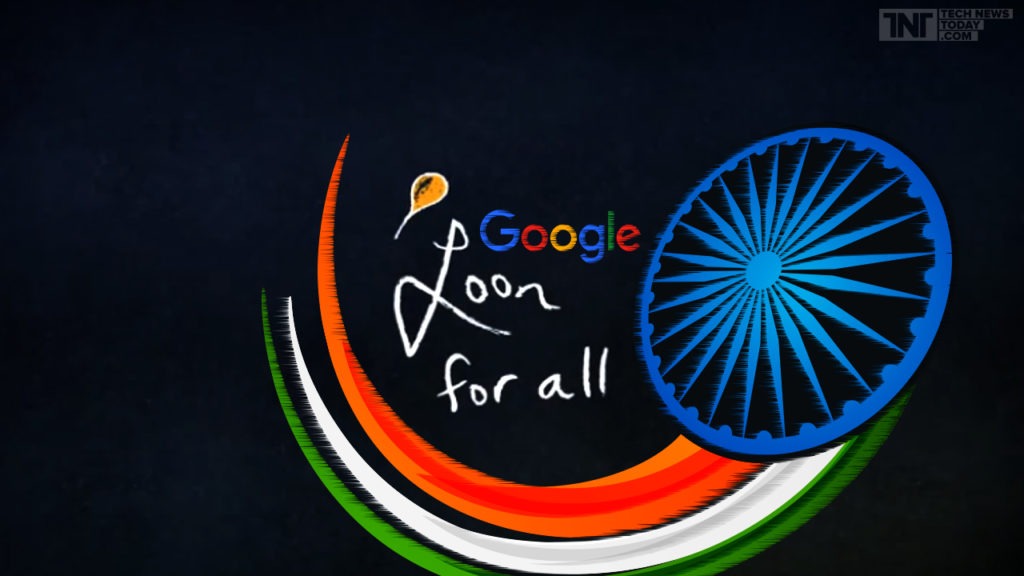Google is about to seal a deal with Kenyan telecommunications operators in order to deliver mobile internet coverage to remote locations through a network of cost-efficient floating balloons. Google’s Project Loon, has embarked on a global campaign to increase internet connectivity for millions of people living in rural connected areas.
According to the Principal Secretary in the Kenya ICT Ministry, Sammy Itemere “It is companies such as X [formerly Google X] that innovate and provide solutions that benefit our city. We welcome the use of high-altitude balloons to create an aerial wireless network that offers real benefits to consumers.”
Speaking at the opening of a workshop to sensitize stakeholders on the balloon technology, Sammy said the balloon network can easily achieve 4G-LTE speeds and would help Kenya multiply ICT’s impact on the economy.
According to 2017 report by Jumia and GSMA mobile revealed that 67% of Kenyans have access to the internet, mainly using mobile devices, this is impressive compared to the continent’s 18% average.
The internet balloons are less expensive to install compared to the current communications satellites and they provide much stronger internet connectivity. This would reduce the cost that telecoms operators incur to set up internet connections, and subsequently make it a lot cheaper for the end user.
The balloons enable the nearest telecommunications partner’s ground station to receive the wireless internet signals that are then transmitted across the network of balloons and then back down to users’ mobile phones on the ground. Each balloon covers up to 5000 square kilometers and runs on renewable energy. Google has already has deployed 10 balloons for testing in Nakuru, Nanyuki, Nyeri, and Marsabit.
Local telecoms company Telkom confirmed it has been in consultation with Project Loon however no partnerships have been confirmed, “Telkom has not yet deployed any service on this solution as we are still in discussions with the team from Loon to conclude on potential partnerships and synergies, using their solutions,” George Mlaghui, the chief corporate communications officer at Telkom said in a statement on the project.
Project Loon has received unanimous applause worldwide for its role in providing internet to disaster-stricken areas. Google had previously partnered with AT&T to provide internet coverage to Puerto Rico following the devastating Hurricane Maria. However, on the flipside, balloon crashes have occurred in nearly 10 countries, including Panama and the USA.
ICT ministry officials say Project Loon balloons would complement the national fibre network that has been laid out in all counties, and which they are working on further extending to sub-counties.
Google to Partner Kenyan Telcos to Bring Internet Coverage Through Project Loon

Photo Credit: techstory.in